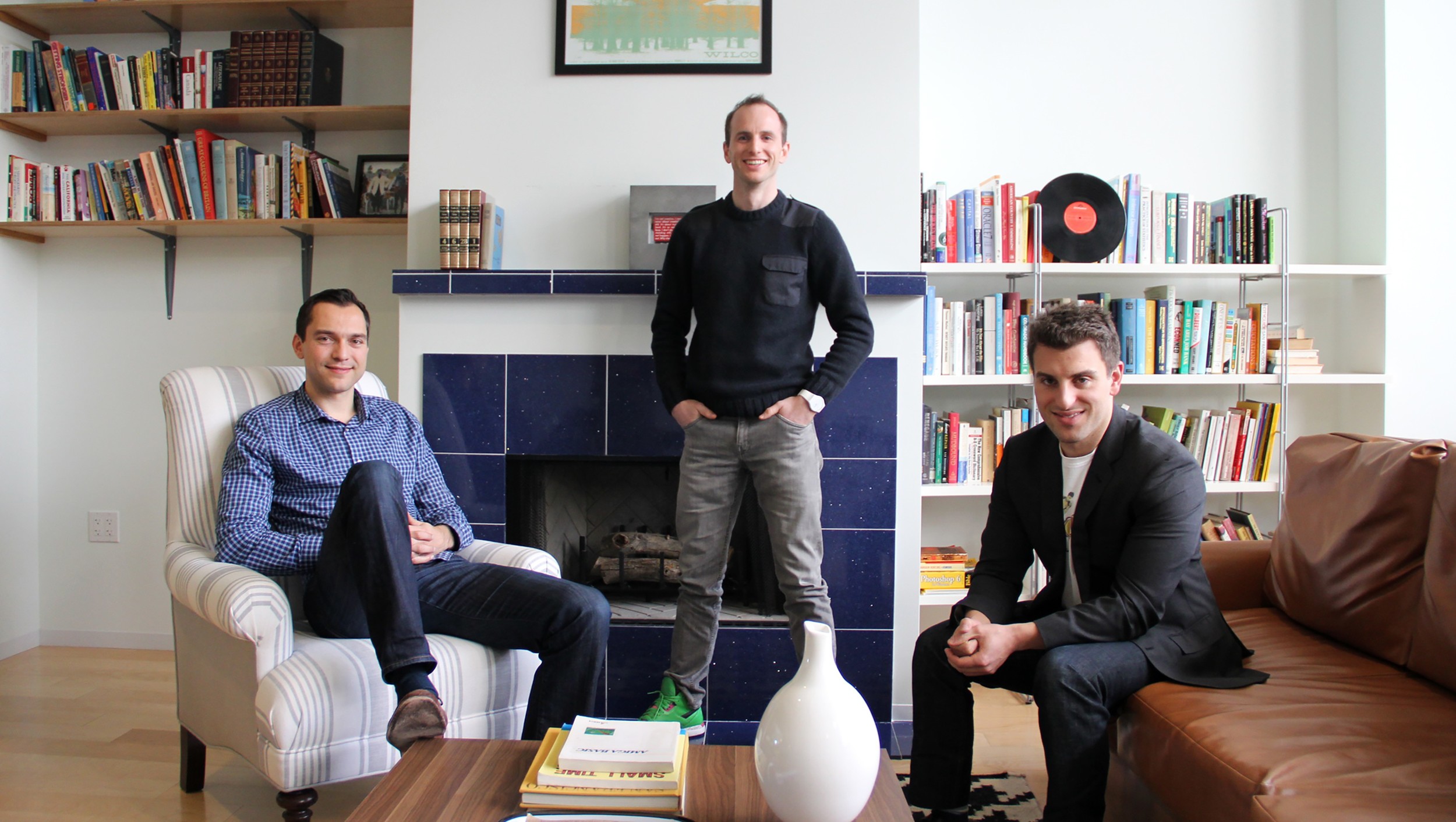Brian Chesky is not only the CEO of home-share platform Airbnb, but also one of the first to become a billionaire off the shared economy. Last week he discussed his predictions for the Sharing Economy at the Atlantic Aspen Ideas Festival. Considering Chesky's success his bold predictions are worth paying attention to.
He explained that society started on micro-entrepreneurial roots:
"Cities used to be generally villages, and everyone was essentially kind of like an entrepreneur, before there were factories. You were either a farmer, or you worked in the city as a blacksmith, or you had some kind of trade. And then the Industrial Revolution happened."
Throughout the interview, Chesky makes several predictions about the future of the sharing economy and its impact on society.
Chesky predicts that not only will the industry be able to create upwards of 100 million micro-entrepreneurs, but it will also save us from future recession and robot-worker society. We'll also be living in a world where people can become businesses versus the traditional work-for-the-man archetype. He also predicts that everything will be small with less big chains and outright ownership. "You're not going to have big chain restaurants. We're starting to see you have farmer's markets, and small restaurants, and food trucks. But, soon, restaurants will be in people's living rooms."
While worth the watch, If the 1 hour video is too long for you check out the recap from Venture Beat. Gregory Ferenstein's article "Airbnb CEO Spells Out the End Game For the Sharing Economy in 7 Quotes" breaks down the main points of Chesky's interview.
Let us know what you think. These are pretty bold predictions and the one thing we'd love to hear is a timeline. Is this the future of the Sharing Economy? Will we see it in this lifetime?




